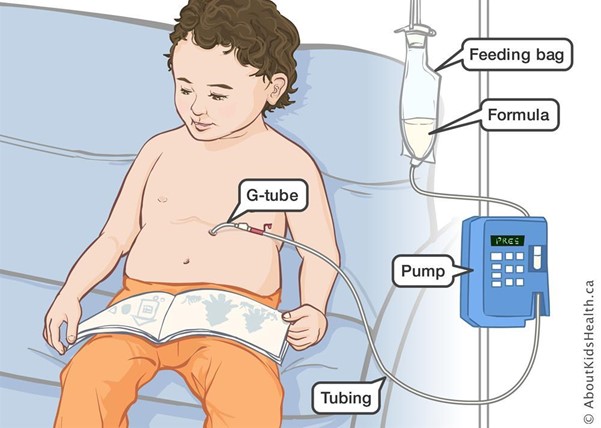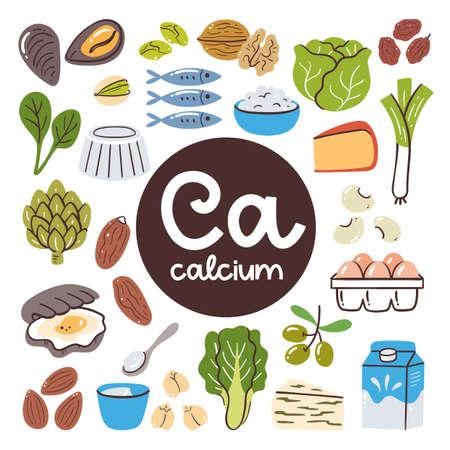The home health nurse is visiting an older client who was discharged from the hospital 3 days ago following hip pinning surgery. The client lives with her daughter, who prepares the family meals. In discussing nutrition for postoperative healing, which food choices should the nurse suggest for this client's diet? (Select all that apply.)
Grilled salmon.
Soda crackers.
Scrambled eggs.
Baked chicken.
Flavoured gelatine.
Correct Answer : A,C,D,E
Choice A
Grilled salmon is correct. Salmon is a good source of protein and healthy omega-3 fatty acids. Protein is essential for wound healing and tissue repair, while omega-3 fatty acids have anti-inflammatory properties that can help with the healing process.
Choice B
Soda crackers is incorrect. Soda crackers are not particularly nutrient-dense and may not contribute significantly to postoperative healing. While they might be a bland option for settling the stomach, they do not offer the same nutritional benefits as the other selected options.
Choice C
Scrambled eggs are correct. Eggs are a good source of high-quality protein and contain essential nutrients like vitamin D and choline. Protein is crucial for tissue repair and recovery, and vitamin D supports bone health.
Choice D
Baked chicken is correct: Lean protein sources like baked chicken are important for wound healing and maintaining muscle mass. Protein helps the body repair and build new tissues.
Choice E
Flavoured gelatine is correct. Flavoured gelatine can be a soft and easily digestible source of hydration and calories. It's also a good option for someone recovering from surgery as it provides some energy and can be gentle on the digestive system.
Nursing Test Bank
Naxlex Comprehensive Predictor Exams
Related Questions
Correct Answer is A
Explanation
Choice A
Observing for abdominal distention is recommended. Gastric residual volume (GRV) is the amount of formula or food remaining in the stomach after a feeding through a gastric tube. A GRV of 325 mL is relatively high, and it's important to assess the client for signs of potential complications before contacting the healthcare provider. Observe for signs of abdominal distention, which could indicate that the stomach is not adequately emptying or that the feeding is not being tolerated well.
Choice B
Calculating 24-hour caloric intake is not recommended: While monitoring caloric intake is important for overall nutritional assessment, it does not address the immediate concern of a high GRV and the potential need for adjustment of the feeding rate or management.
Choice C
Measuring urinary output is not recommended: Urinary output is important to monitor for fluid balance, but it may not be directly related to the elevated GRV.
Choice D
Checking for body weight changes is not recommended: Monitoring body weight is essential for assessing nutritional status, but it may not provide immediate insights into the impact of the elevated GRV.

Correct Answer is ["B","D","E"]
Explanation
Choice A
Pickles, blackberries, seeds are not appropriate. None of these foods are particularly high in calcium. Pickles and blackberries are not significant sources of calcium, and while some seeds contain calcium, they are not among the best sources.
Choice B
Buttermilk, spinach, milk: These foods are good sources of dietary calcium is appropriate. Milk and buttermilk are commonly consumed dairy products that contain calcium. Spinach, while not as high in calcium as dairy products, still contributes to calcium intake.
Choice C
Pickled olives, spam, nuts are not appropriate. These foods are not known for being high in calcium. Additionally, some foods like pickled olives and spam may have high sodium content, which can affect calcium balance.
Choice D
Fresh meats, fresh turkey, fresh chicken is appropriate. Fresh meats, such as turkey and chicken, provide some calcium, although not as much as dairy products. They also contribute to overall nutritional intake.
Choice E
Cheese spread, processed cheese, cheese is appropriate. Dairy products like cheese, especially processed cheese and cheese spread, are good sources of calcium. They can be effective in increasing calcium intake to address hypocalcaemia.

Whether you are a student looking to ace your exams or a practicing nurse seeking to enhance your expertise , our nursing education contents will empower you with the confidence and competence to make a difference in the lives of patients and become a respected leader in the healthcare field.
Visit Naxlex, invest in your future and unlock endless possibilities with our unparalleled nursing education contents today
Report Wrong Answer on the Current Question
Do you disagree with the answer? If yes, what is your expected answer? Explain.
Kindly be descriptive with the issue you are facing.
